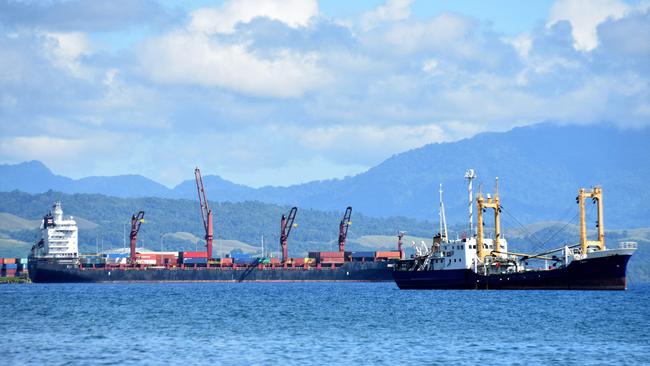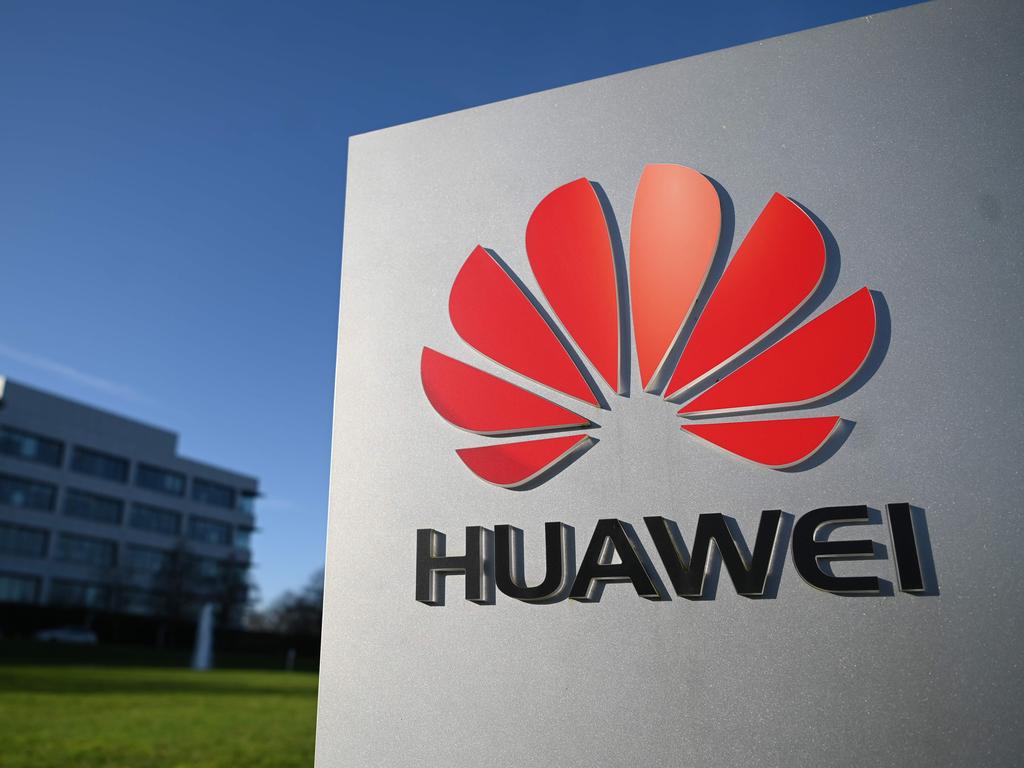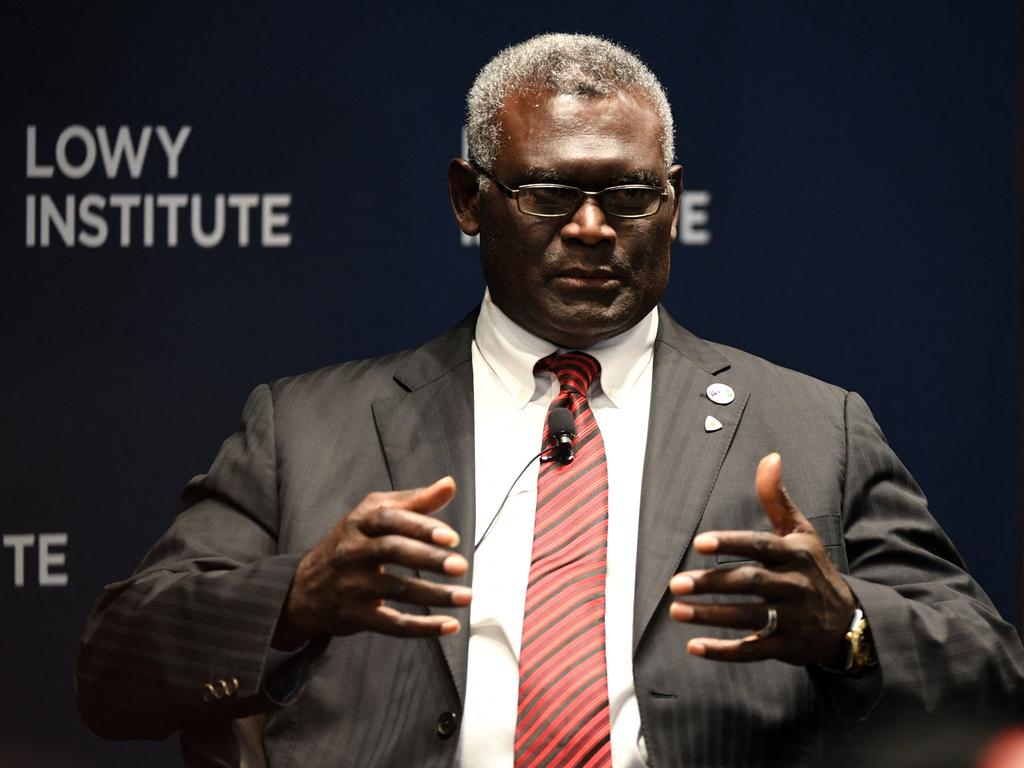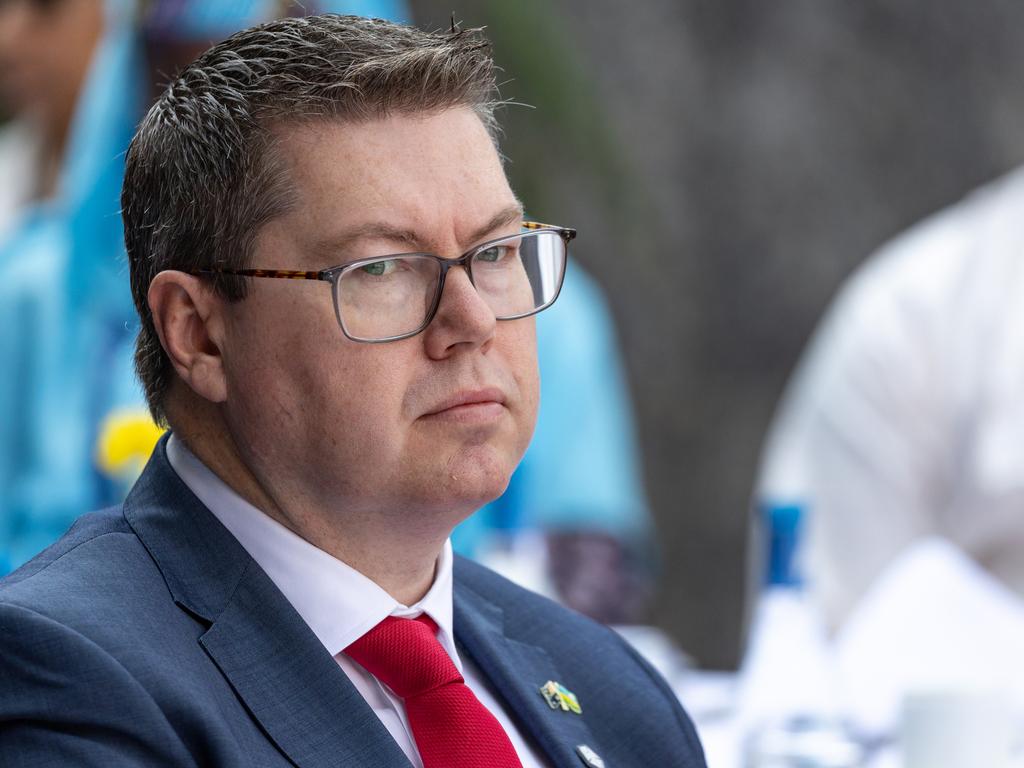Solomon Islands’ docking rights suspension angers US congress
The move raises questions about plans by the US to build a promised embassy on the small Pacific Island, which has come under growing influence from Beijing.

Solomon Islands’ suspension of docking rights for US and allied navy ships has angered members of Congress and raised questions about US plans to build a promised embassy on the small Pacific Island, which has come under growing influence from Beijing.
Democrat Congressman Joe Courtney, co-chairman of the Friends of Australia Caucus in Congress, said the small Pacific Island nation, which signed a security pact with Beijing that Canberra and Washington fear could foreshadow a Chinese troop presence, had “every right” to revise its policies, but the move was “perplexing”.
“Solomon Islands’ tacit denial of a benign Coast Guard vessel on mission to protect legal fishing in the region smacks of foreign influence by the People’s Republic of China,” he told The Australian, referring to the surprise rejection of an application by the Oliver Henry to visit Solomon Islands last week.
“Should the Solomon Islands’ policy review — aimed at better policing its exclusive economic zone — take on a PRC flavour, we could see further challenges to pillars of maritime law”.
The US and Australia are vying with Beijing for influence in the small island of around 700,000 people, strategically located around 3,000 kilometres to the northeast of Australia.
Republican Congressman Mike Gallagher, also a co-chairman of the Friends of Australia group, urged the AUKUS partners to “prioritise reversing the current disastrous trend in the Solomons before it’s too late”. “A foreign aggressor seems bent on conquering the islands from within without even firing a shot,” he told The Australian.
The state department, which in February announced plans for an embassy in Honiara to help counter growing Chinese influence, stopped short of condemning Honiara in a statement on Tuesday (Wednesday AEST), expressing only “disappointment” with prime minister Manasseh Sogavare’s moratorium.
The Chinese government, which has used loans and other development assistance to draw developing nations into its orbit, has repeatedly claimed ownership to the South China Sea, contrary to international law.
Michael Walsh, a researcher in Australia studies at Georgetown University, said the Solomons’ move would elicit “calls on the Biden administration to do more to disrupt and subvert the security partnerships being constructed by the Xi Jing Ping administration”.
“It will be interesting to see whether the moratorium will decrease support for the establishment of an embassy in the Solomon Islands among Congress, or inspires more engagement in the Pacific,” Mr Walsh told The Australian.
A bipartisan group of senators introduced a bill last month to establish embassies in Kiribati, Tonga, and Vanuatu, currently served by the US ambassadors in Fiji in Papua New Guinea.
One of the sponsors, Republican Senator Marcia Blackburn, who visited the islands last month and urged the White House to expedite establishment of a new embassy in Honiara, said the Solomon Islands’ move was “extremely concerning” via her spokesman.
“Refuelling stops are part of the longstanding relationship between Washington and Honiara …. The United States, along with our British and Australian partners, must aggressively assert and increase our footprint in the region to fend off China’s growing influence,” her spokesman told The Australian.
The fallout in the Pacific comes amid a tense standoff between Washington and Beijing over Taiwan, after a series of high-level visits to the island by US Congressional leaders in August, including Speaker Nancy Pelosi, that enraged Beijing and prompted a round of provocative Chinese military drills.








To join the conversation, please log in. Don't have an account? Register
Join the conversation, you are commenting as Logout